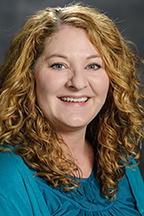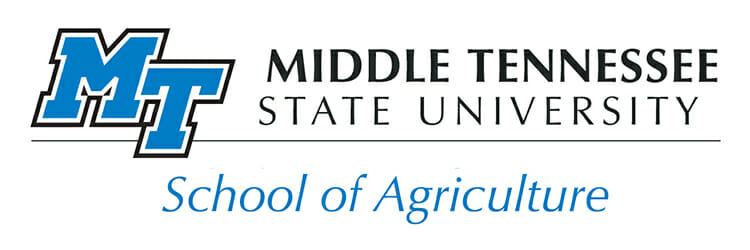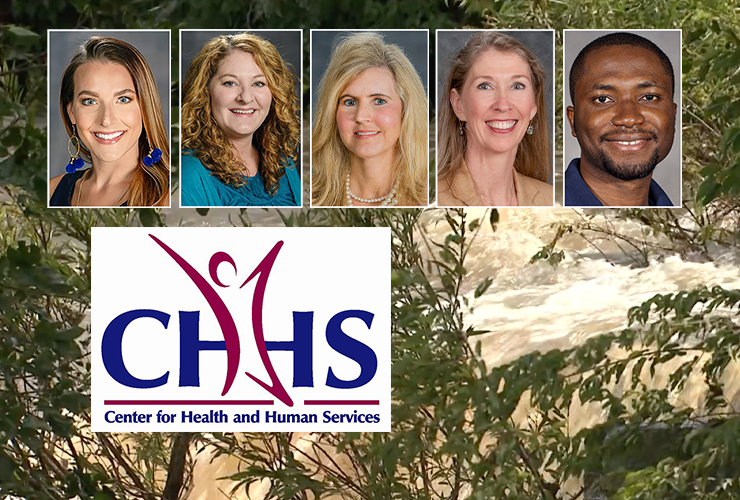MTSU’s Center for Health and Human Services is helping improve Tennesseans’ quality of life by addressing the quality of its water.
The Tennessee Department of Environment and Conservation has provided CHHS with a $56,000 grant for a public education campaign about water quality and the impact of nutrient runoff from Tennessee to the Gulf of Mexico on human and environmental health.

Christina Byrd

Cynthia Allen
Through Dec. 31, 2021, the “Nutrient Reduction and Water Quality Campaign” is using print, radio, television and social media platforms to reach various audiences, including farmers, wastewater treatment facilities, K-12 students, educators and the general public.
The center has created two internship opportunities for MTSU students to help develop and promote educational materials on water pollution.
Using the grant money, CHHS will create content that will be packaged in digital toolkits for dissemination to municipal authorities and groups interested in addressing water pollution. Materials will be accessible on the CHHS website beyond the grant’s term.
“The CHHS is pleased to partner with campus colleagues in various departments as a part of this multifaceted public education campaign,” said program coordinator Christina Byrd.
 These include the MTSU Center for Environmental Education, MTSU Environmental Health and Safety Services, the MTSU School of Agriculture and members of the TDEC Nutrient Reduction Task Force.
These include the MTSU Center for Environmental Education, MTSU Environmental Health and Safety Services, the MTSU School of Agriculture and members of the TDEC Nutrient Reduction Task Force.
Cynthia Allen, environmental specialist for MTSU’s environmental health and safety services and MTSU’s stormwater program coordinator, said small daily changes can add up to huge cumulative effects.
“By reducing local pollution, we not only improve our local water quality, but we also improve the water quality downstream, which has positive impacts on the Gulf,” Allen said. “Connecting to the big picture encourages citizens to change daily behaviors that can have tremendous impacts.”

Cynthia Chafin

Dr. Samuel Haruna

Dr. Kim Sadler
As well as Allen and Byrd, project staffers include Cynthia Chafin, associate director of CHHS; Samuel Haruna, an assistant professor in the School of Agriculture; and Kim Cleary Sadler, a professor of biology education and program consultant for the Center for Environmental Education at MTSU.
The MTSU Center for Health and Human Services facilitates projects, programs and research activities related to public health issues of importance to Tennessee and the nation through collaborative affiliations and partnerships.
Throughout its 27-year history, the center has conducted research and programming in all 95 counties as well as at the national level through multistate partnerships.
For more information on the Tennessee Nutrient Reduction and Water Quality Campaign, contact Byrd at ctb4f@mtmail.mtsu.edu. To learn more about the Center for Health and Human Services, go to www.mtsu.edu/chhs, or follow the center on Twitter at @mtsuchhs or on Instagram at mtsu_chhs.
— Gina K. Logue (gina.logue@mtsu.edu)


COMMENTS ARE OFF THIS POST